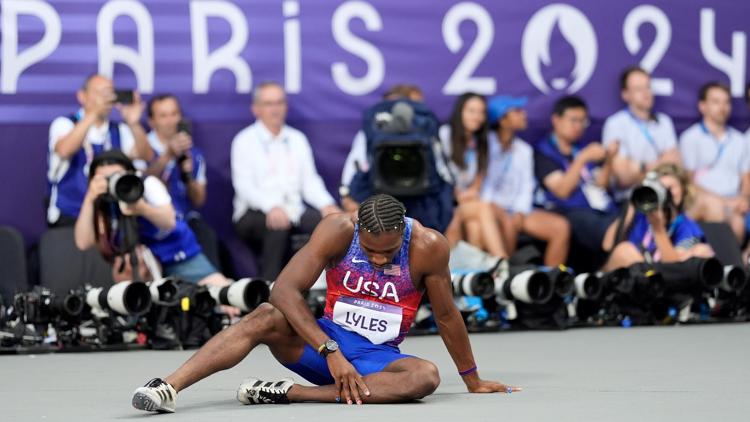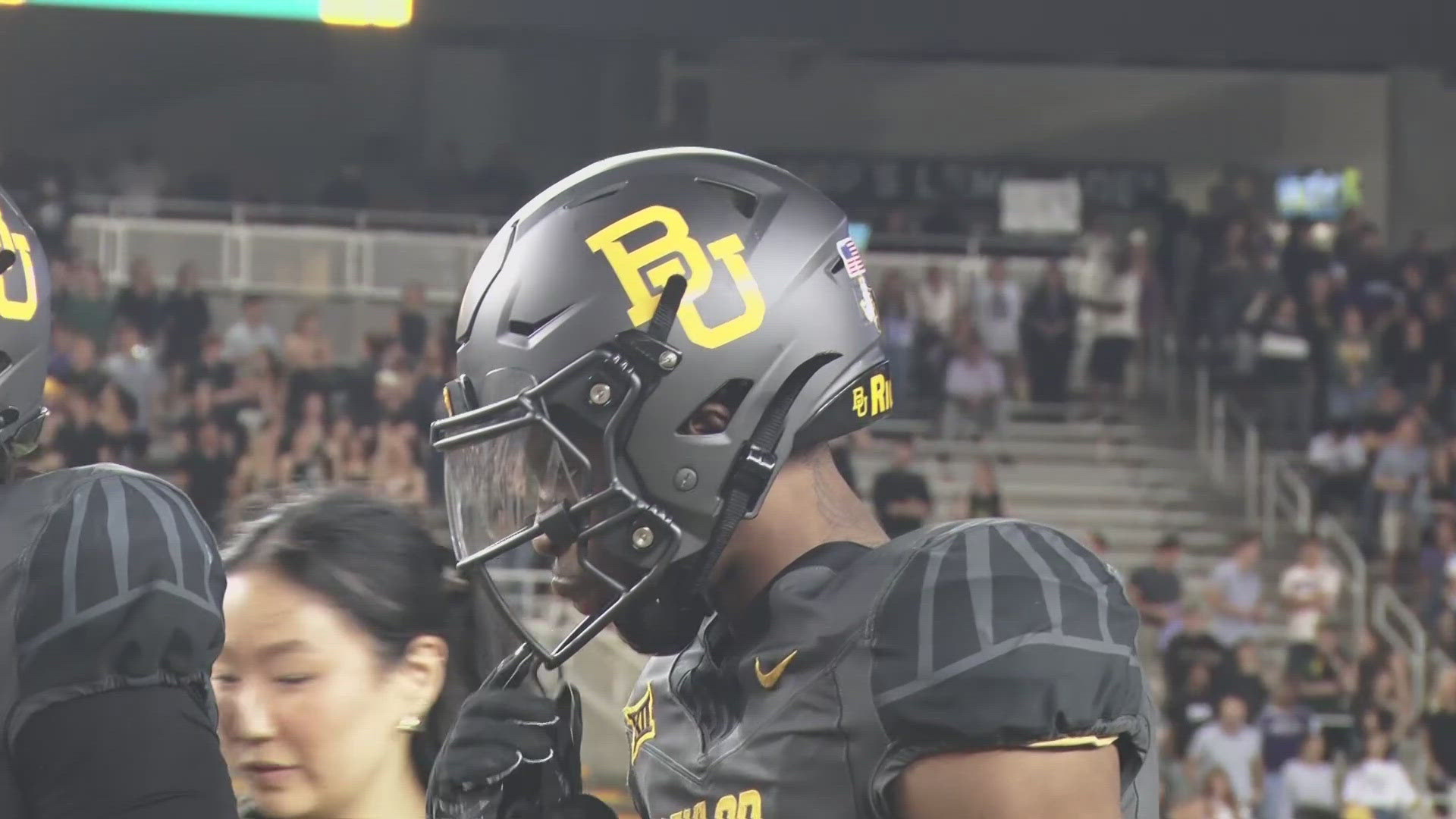On Aug. 8, American sprinter Noah Lyles finished third in the 200-meter final at the Paris Olympics, winning a bronze medal.
Immediately after the race, Lyles collapsed onto the track, attempting to catch his breath. He then got onto one knee and stayed there for nearly 30 seconds before getting up and asking for water. He later left in a wheelchair.
After being treated by medical staff, a masked Lyles revealed he tested positive for COVID-19 two days earlier on Aug. 6.
Many people on social media asked why Lyles was even allowed to compete in the race after testing positive for COVID-19, while some questioned whether similar protocols apply to other Olympians participating in the Paris games.
THE QUESTION
Are Olympians allowed to compete after testing positive for COVID-19?
THE SOURCES
THE ANSWER
Yes, Olympians are allowed to compete after testing positive for COVID-19.
WHAT WE FOUND
Athletes at the 2024 Paris Olympics can compete after testing positive for COVID-19. That’s because there are no official COVID-19 restrictions at this year’s Games.
Olympic organizers have only issued health recommendations for respiratory viruses, allowing Olympians to participate in the events if they wish and are able to.
“COVID is being treated like any other respiratory disease,” International Olympic Committee (IOC) President Thomas Bach said on Aug. 9. “It is being treated like flu now, so there is no obligation for any special measures or notifications.”
In an email, a Paris 2024 spokesperson told VERIFY that organizers remind athletes of “good practices” if they experience respiratory symptoms, including wearing a mask in the presence of others, limiting contact and washing hands regularly.
National Olympic committees and federations can add further measures, according to the spokesperson. The Olympic Village is also equipped with its own clinic offering a broad range of health care services at no cost to athletes.
On Aug. 8, USA Track & Field (USATF) and the U.S. Olympic and Paralympic Committee released a joint statement confirming that Noah Lyles had tested positive for COVID-19 on Aug. 6. In response, USATF said it “swiftly enacted all necessary protocols to prioritize his health, the wellbeing of our team, and the safety of fellow competitors.”
“Our primary commitment is to ensure the safety of Team USA athletes while upholding their right to compete. After a thorough medical evaluation, Noah chose to compete tonight. We respect his decision and will continue to monitor his condition closely,” the statement said.
The USATF also said that it was adhering to current CDC, USOPC, and IOC guidelines for respiratory illnesses “to prevent the spread of illness.”
In 2021, at the Tokyo Olympics, a positive COVID-19 test would have put an athlete in immediate isolation, forcing them to quarantine in a special hotel with no contact with other Olympic athletes. Even in 2022 at the Winter Games in Beijing, China, daily tests and strict isolation measures were automatic.
But COVID-19 rules have changed in much of society, including at the Olympics. France, which once had tight COVID-19 restrictions, no longer has rules for people with the virus. Instead, the Ministry of Health recommends that people who test positive wear a mask, self-isolate and practice hand hygiene.
The World Health Organization (WHO) said during a press conference on Aug. 6. that at least 40 athletes at the Olympics had tested positive for COVID-19 or other respiratory illnesses, amid growing cases worldwide.
The Associated Press contributed to this report.



